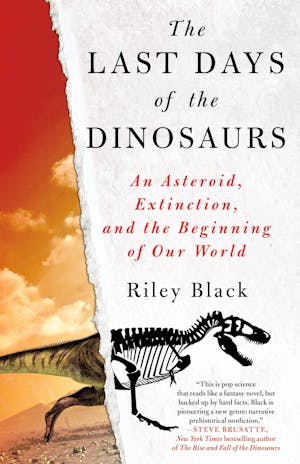
The essay is a warning about current extinctions but offers a grand sweep:
Life’s behaviour in the past can give us a hint about what’s to come. We are presently going through what some ecologists have deemed a sixth mass extinction, a time when we’re losing species faster than new ones are evolving. Under the old view, we might expect that whatever species manage to survive humanity’s alterations to the planet will rapidly bounce back in a profusion of new forms. The pressure of extinction would be released into a new biodiversity high. But the emerging picture doesn’t track with such an expectation. The particulars of our choices may alter life’s history for far longer than we’d otherwise expect. Life might not recover in a million years’ time. Instead, whatever biodiversity peak life reaches may rely on the accidental nature of evolution itself. Whatever species survive humanity’s presence will proliferate, interact in new ways, and usher in inconceivable ecosystems.
Whether applied to our mammalian forebears or some of the first animals of 541 million years ago, life’s diversity isn’t reliant on mass extinctions for evolutionary inspiration. Life comes roaring forth when species begin to transcend a boundary – such as plants beginning to grow on land – or when interactions between species nudge biodiversity into new niches, as was the case with beasts in the heyday of the dinosaurs. Instead of moving to a steady beat, punctuated by relatively few record scratches, life’s tempo is full of unexpected and asymmetrical time changes, a cacophonous riot of life.
Riley Black, “This riotous life” at Aeon (November 18, 2021)
It’s also a tribute to “accidental evolution,” as if no serious explanation is required for the complex means by which boundaries are transcended.
You may also wish to read: Science Uprising # 9: Unvarnished fossil record is bad news for Darwin. Fossils, we are told, demonstrate the Truth of Darwinism as the history of life. But that’s only if you don’t look too closely. Science Uprising #9 looks too closely.